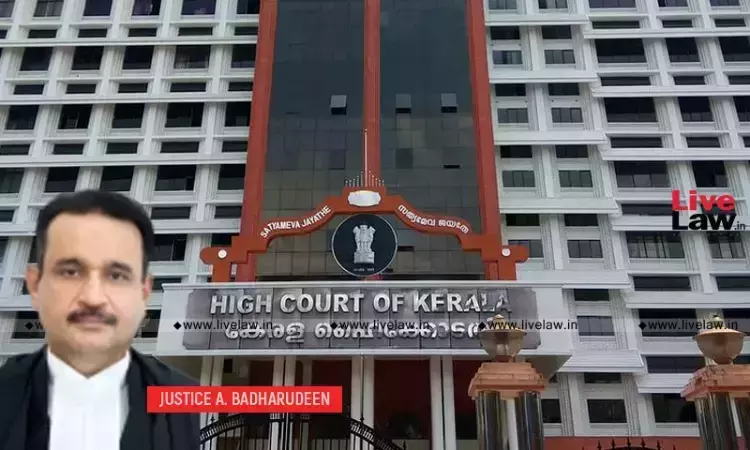The Kerala High Court recently quashed the criminal proceedings initiated by a woman against her husband for offence under Section 377 IPC. The Court observed that after the definition of rape in Section 375 was amended in 2013, forcible acts of oral sex committed by a male accused on a female victim is an offence of rape. However, since a wife can't prosecute her husband for offence of...

